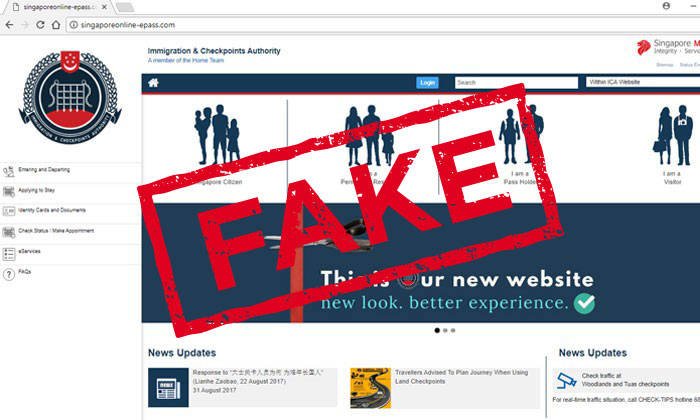You must be aware that the holiday season is coming everywhere around the world. It is especially true for the United States and other parts of the world where Christmas is one of the biggest festivals and everyone takes a break to enjoy. Over the years, we had seen that the shopping which was done ahead of the festival season was done from the local markets. For that reason, people would start to stock up in the stores ahead of the shopping season. However, that trend has long gone ever since the rise of e-commerce websites where the likes of Amazon, Walmart and others currently dominate.
However, that is not to say that the other e-commerce websites are not performing well at all. Well, we see that people have to go to other websites when they don’t find what they are looking for on the major sites. Also, it is seen that people can order from other websites if they find better deals as compared to the reputed brands in the e-commerce world. However, we know that scammers are everywhere and they are seen the most in the online world. For this reason, people hesitate to shop online for the fear of being hacked.
But there is also the other factor involved in shopping online which is a phoney website scam. Basically, this means that the website you are purchasing the items from in the bid of lucrative offers is a phoney one meaning that there is no real product for sale. Instead, they just want you to check out and pay for the order after which they will be gone. As per a report from NormShield’s Bob Maley, “We’ve discovered there are over 6,000 of these domains that have been registered before the holiday season even started,â€





























